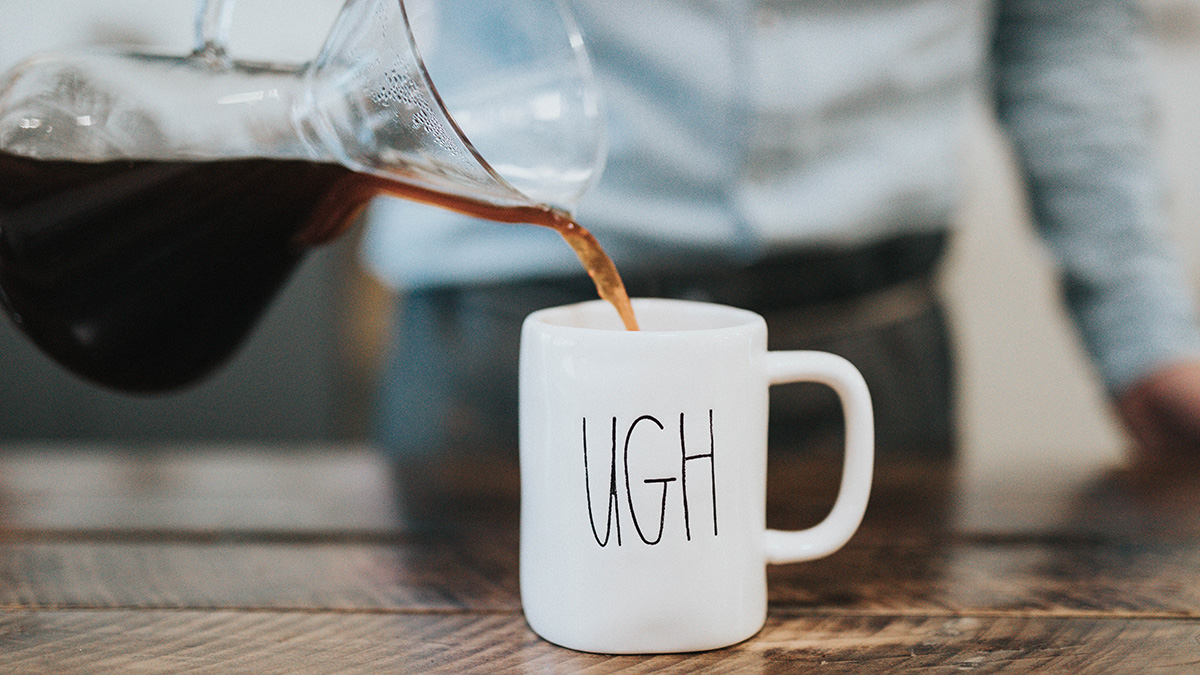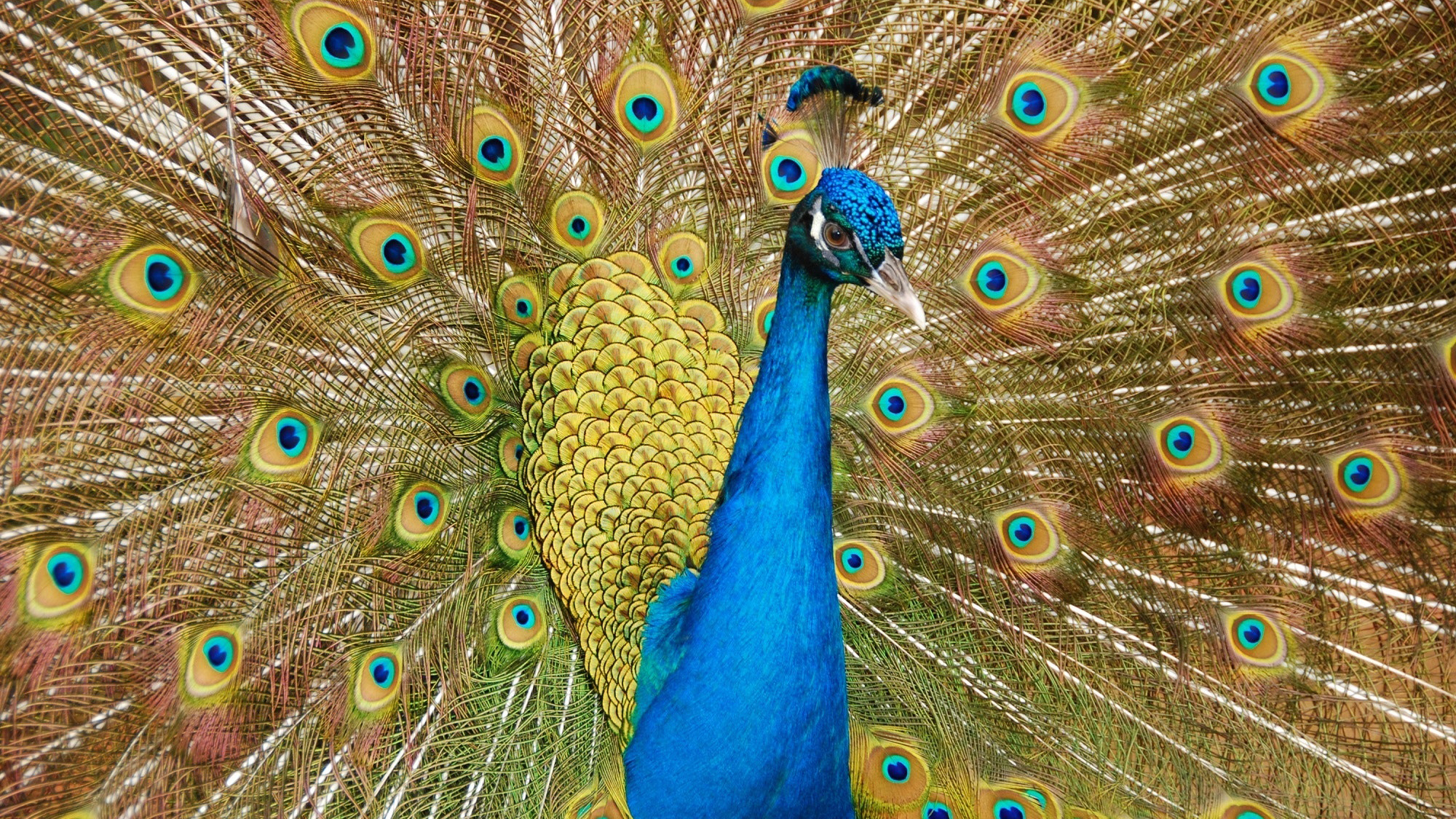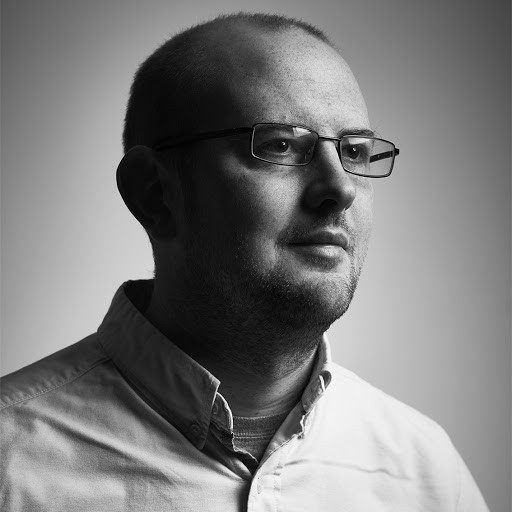4 things you should NEVER do in a design studio
... and 4 more things you absolutely must.

A strong studio culture can work wonders. It goes way beyond investing in a fancy coffee machine, finding room for a pool table or scattering some beanbags. Done well, studio culture can motivate and inspire people to create their best work.
Don't be the one that screws it up for everyone. Even as you read this, your co-workers might be grinding their teeth as you blithely break yet another unspoken rule of studio life. Or perhaps your boss is about to call you in for a stern chat, because you're the fly in the ointment once again.
So whether you're a bright-eyed, bushy-tailed new graduate keen to get the best start in studio life, or long-term staffer who needs to shed some bad habits, read on to discover four things you should never do when working in a design studio... and four things you should.
You'll find more advice on how to successfully navigate the industry in our pick of the best books for graphic designers. Not yet snagged your dream role? Take a look at our jobs board for the best new openings.
DON'T trash others' ideas

As the old adage goes, a great idea can come from anywhere (and anyone). If that philosophy is genuinely encouraged within your studio – and credit is given where it's due, even if the killer concept comes from an intern – then congratulations, you're one step closer to a positive studio culture.
As another old adage goes, there's no such thing as a bad idea. Of course, in practice there really is – there are some terrible ones out there. Some of them get made. But it's not your place to mock or trample on people who are brave enough to put forward something different.
There could be a gem buried deep in there, or it could kick-start a discussion that takes the team in an unexpected direction. Of course, it could just be terrible. But if you're constructive rather than disparaging, the mood will be very different. That person's next idea could be a killer.
Get the Creative Bloq Newsletter
Daily design news, reviews, how-tos and more, as picked by the editors.
DON'T hog the limelight

No one likes a showboater, but if you really have to strut and preen if a project goes well (hint: you don't) then at least make sure your self-loving is proportional to your role in making it happen. In short: if you're part of a team, it's a team effort and the glory should be shared.
Whether it's throwaway boastful comments in the studio, or your credit-hogging takes a more permanent form in your personal design portfolio – stop. People will respect you a lot more if you're honest about what you actually did, and big up everyone around you at the same time.
And yes, creative directors, this can apply to you too. Sure, the buck may stop with you – and you may be steering the team to success. But if you're the only one collecting gongs at awards dos or basking in applause on the speaker circuit, spare a thought for the people who put the graft in.
DON'T try and 'delegate' everything

Behind every life-affirming, firework-display moment that fills you with pride and proves why you chose to be a designer, there's a daunting to-do list of mundane, repetitive tasks. Whether it's resizing images in Photoshop, artworking or just mind-numbing admin – someone has to do it.
Once you've made it to a senior level, you may not have to worry about those time-draining tasks that you spent many hours on as a junior, but rest assured there'll be a whole new list of things you'd rather not be doing.
Delegation is a valuable skill, but there's a difference between sharing the load and dumping it on someone else's head. Sometimes you just need to roll up your sleeves and get on with the unglamorous but necessary bits of the job, and not bleat that your talents would be better spent elsewhere.
DON'T be a dead weight

A vibrant, positive work hard/play hard studio culture can yield some amazing results, and build a strong team if everyone's pulling in the same direction. But remember: you do actually need to do some work before playtime starts.
Generally speaking, the smaller the studio the harder it is to get away with not pulling your weight – there are fewer places to hide, after all. But if you are ever tempted to coast along while your studio teammates shoulder the burden, you'll build up resentment against you and may not have a job for long.
That said, finding the right balance is crucial. If 'working hard' includes the occasional late one to hit a crunch deadline or nail a big pitch that's one thing – especially if everyone celebrates together afterwards. But pushing yourself to the limits day in, day out isn't sustainable, and will damage your physical and mental health. If that's happening, say no.
DO bring a positive attitude
If everyone in the studio approaches problems in an open, constructive way, you'll create an environment where great ideas – and great people – thrive.
DO be a humble team-player

Support the people around you. Be generous with your time, and share your skills as well as the credit. If everyone does the same, you'll all be stronger as a result.
DO sweat the small stuff
Pay attention to the smaller details, and take pride in doing them well. They may not seem glamorous, but they keep the project moving.
DO pitch in wherever you can
Whatever your role on a project, make your input count. Be indispensable. Contribute ideas, go the extra mile, help take the work from good to great. Then share in the success.
Read more:

Thank you for reading 5 articles this month* Join now for unlimited access
Enjoy your first month for just £1 / $1 / €1
*Read 5 free articles per month without a subscription

Join now for unlimited access
Try first month for just £1 / $1 / €1

Nick has worked with world-class agencies including Wolff Olins, Taxi Studio and Vault49 on brand storytelling, tone of voice and verbal strategy for global brands such as Virgin, TikTok, and Bite Back 2030. Nick launched the Brand Impact Awards in 2013 while editor of Computer Arts, and remains chair of judges. He's written for Creative Bloq on design and branding matters since the site's launch.
